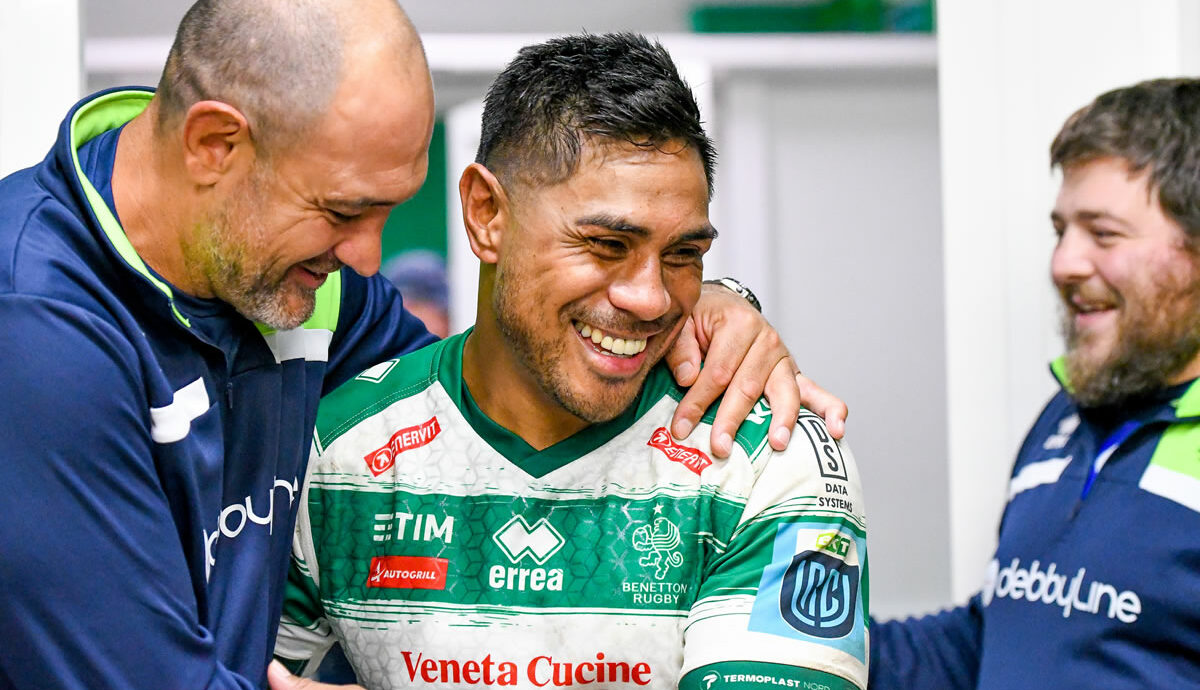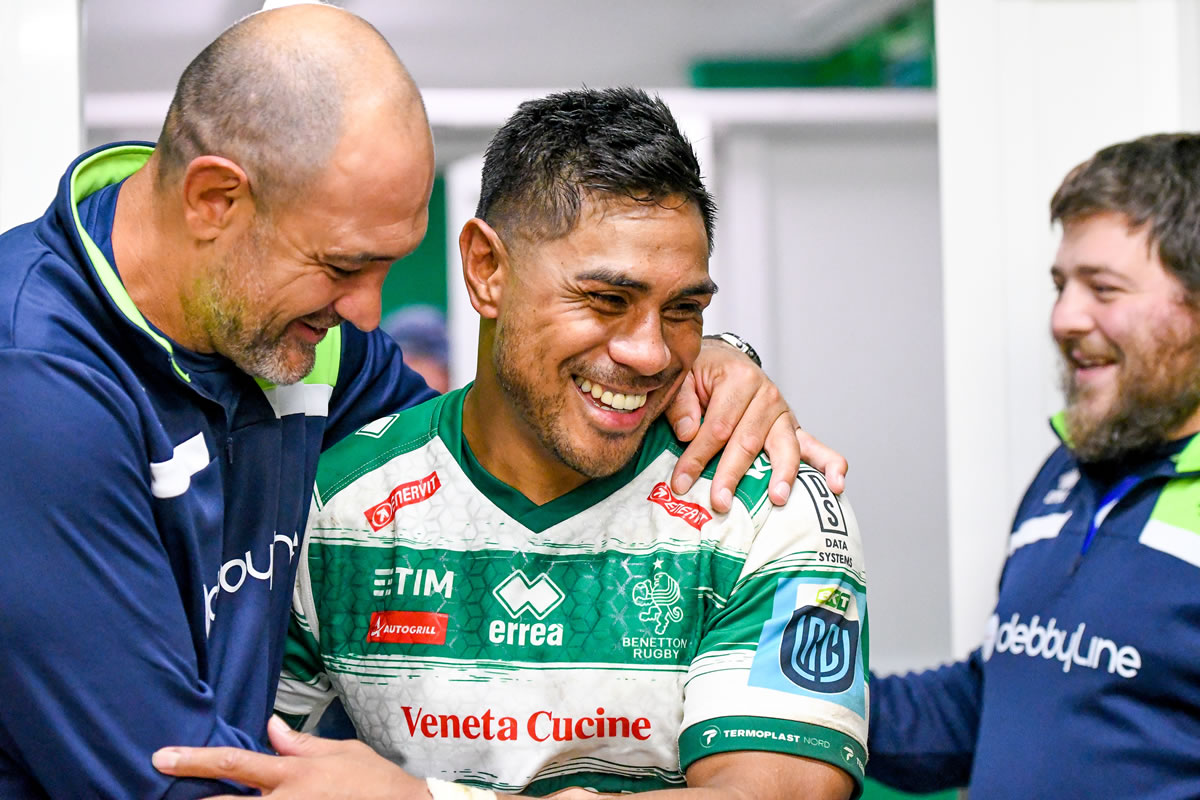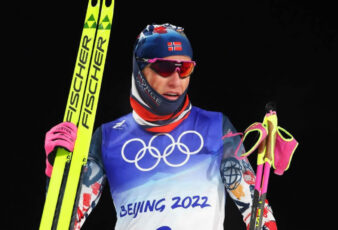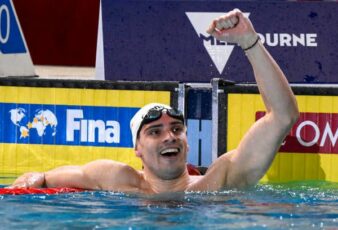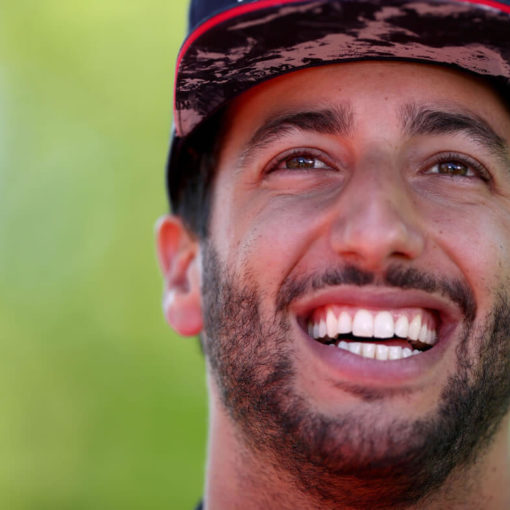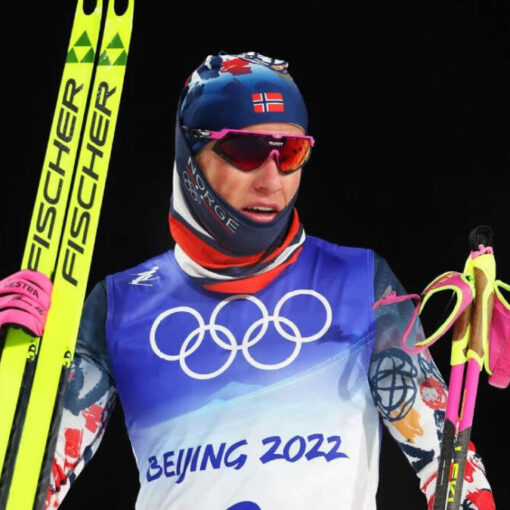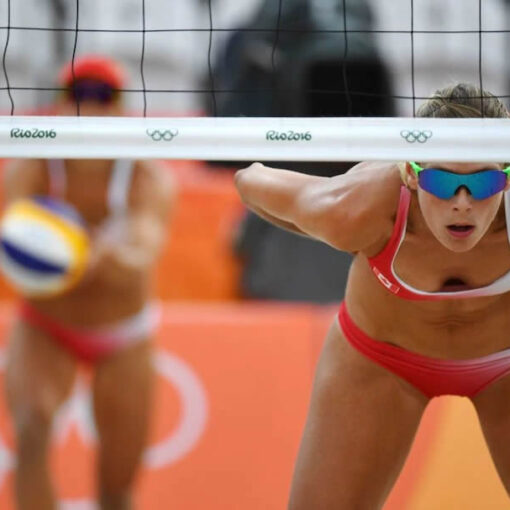Islanders don't think much about the future.
Or, at least, they do it in a different way from everyone else.
The mainland seems distant, and so does the rest of the world, beyond the ocean, so different from us, with its commitments, its needs.
With its own timing.
While on the island, everything follows a softer rhythm, dictated by nature, dictated by family, dictated by the rising and setting of the sun.
And the sun rises every morning, and sets every evening.
It’s our clock.
I was born and raised in Tonga, on a small island, along with 14 other siblings.
Today, we are all living around the planet, in New Zealand, Australia, France, the United States, and Italy: distant places, in time and space, each reached by following our own path, our own aspirations, our own profession.
But when I was little, at least 8 or 9 of us lived in my parents' house, and this brought us together enormously, making us closer and more supportive than ever.
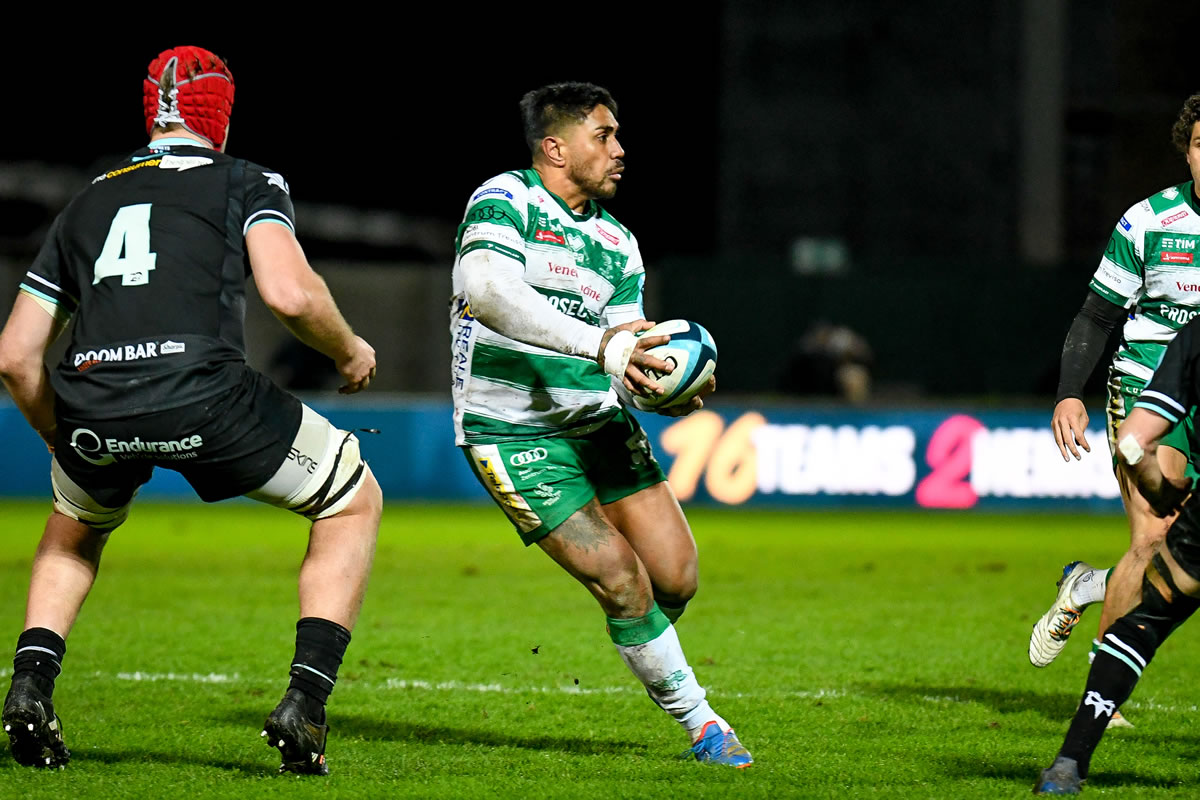
Ours is a Mormon family, and for this reason, we have always attached a special value to some fundamental gestures. Some unwritten laws.
Like Sunday Mass, or like our family meetings, on Mondays.
I remember the days spent outdoors, playing with my brothers and sisters, with my cousins.
Endless hours spent playing, running, chasing a ball.
Practicing sports.
Until sunset.
None of us really imagined what we would become when we grew up.
None of us thought about a specific job, or a title to achieve.
We shared everything we had, without worries.
Because when you do what you love, day by day, you don't really need to look ahead. The future is a foreign land, which doesn't belong to you, which you have no hurry to try to conquer.
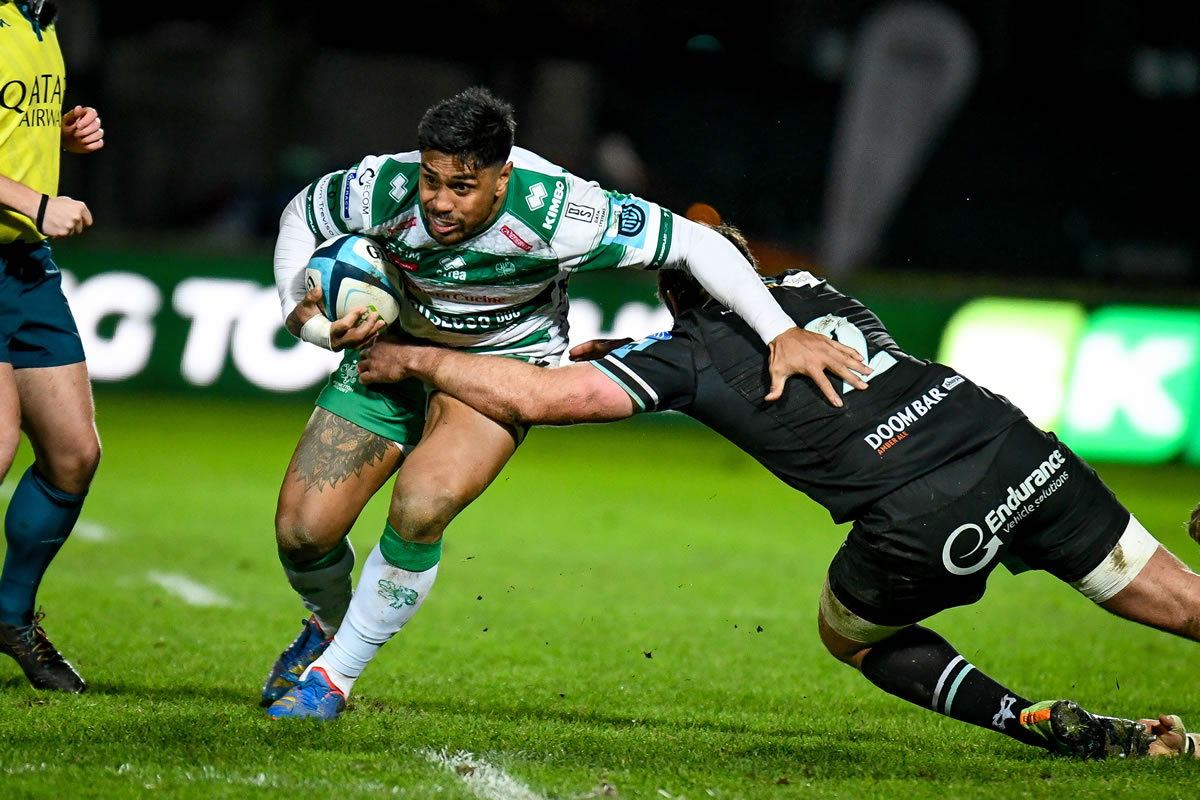
Then, the island slowly began to shrink around me.
As if the sea were shortening its beaches.
Like a shirt washed at the wrong temperature.
Or maybe it was just me, growing up fast and needing a new space.
Rugby had always been a part of my equation.
It had always been one of my reasons.
A reason to get up.
A reason to have fun.
A reason to be myself.
That I was good at it, probably, I always knew.
Not only because I heard it in people's words.
But because I felt it in my soul.
I felt it deep in my bones and flesh.
Ever since I started being part of various youth selections, even though I was always younger than everyone else.
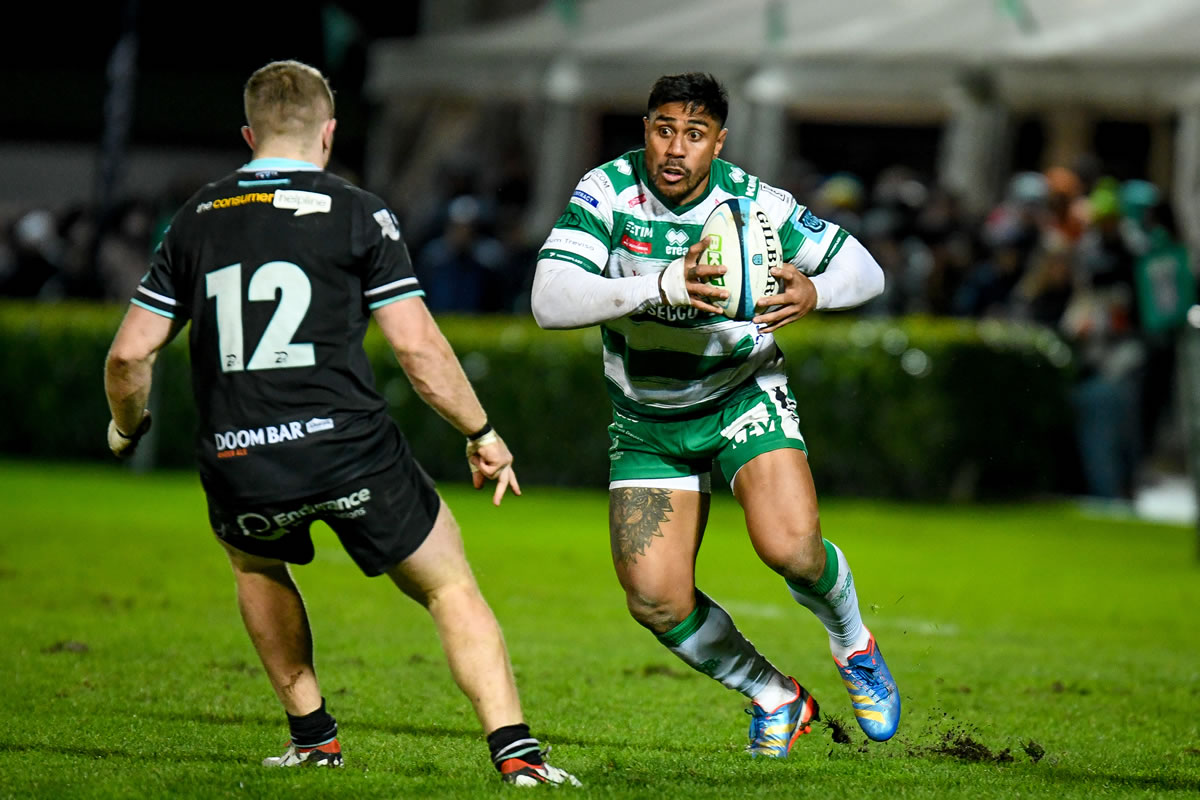
Yet I didn't understand, or perhaps didn't allow myself to understand, that I could become a true professional until I was 18.
Until things became so big that they couldn't be ignored anymore.
Just a little more than a child, at 12, I left, to go to New Zealand, the homeland of rugby, and to try to do something with my talent.
8 hours by ferry, plus one by plane: but I went much further than the kilometers said.
A journey outside my comfort zone, far from home and my family.
Far from our way of understanding and living life.
I missed it.
I missed Tonga and I missed my past.
I missed carefreeness and I missed that sense of belonging.
Something you can't describe in words, but you feel inside, and that materializes, by faith or by magic, every morning, when the sun rises on the horizon.
Yet, despite all this, I also had the clear and distinct certainty of being part of something "bigger than me", something important, something that perhaps would have opened up new scenarios for me.
Things worth embracing.
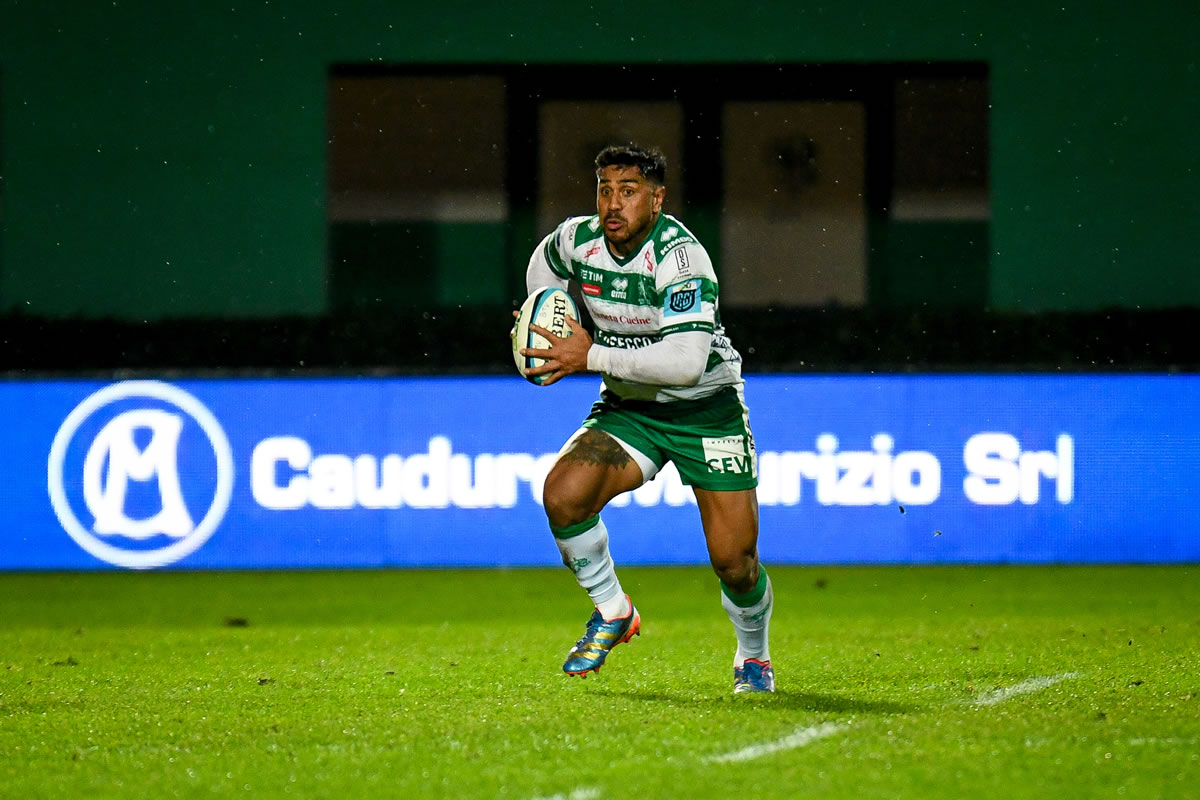
The moment everything clicked, the moment I truly understood what was happening, was my first professional game.
With my family watching on TV.
I felt their pride, their strength.
I was ready.
Mentally and physically.
And so it all began.
If I could go back and meet that boy trying to become a man, sailing in the direction of the outside world, making rugby a job, I think I would tell him to work hard, but also to do everything he can to always be kind to others.
To everyone.
Always.
Because traveling and playing taught me that you never truly get rid of doubts.
Not even when you become a professional and end up in the big European clubs.
Not even when you wear the All Blacks jersey, because under that, there's always you, who are human, who are small, and who learn something by making mistakes first.
There you are, with your skin and your insecurities.
Everyone sees the black shirt, but not what's underneath.
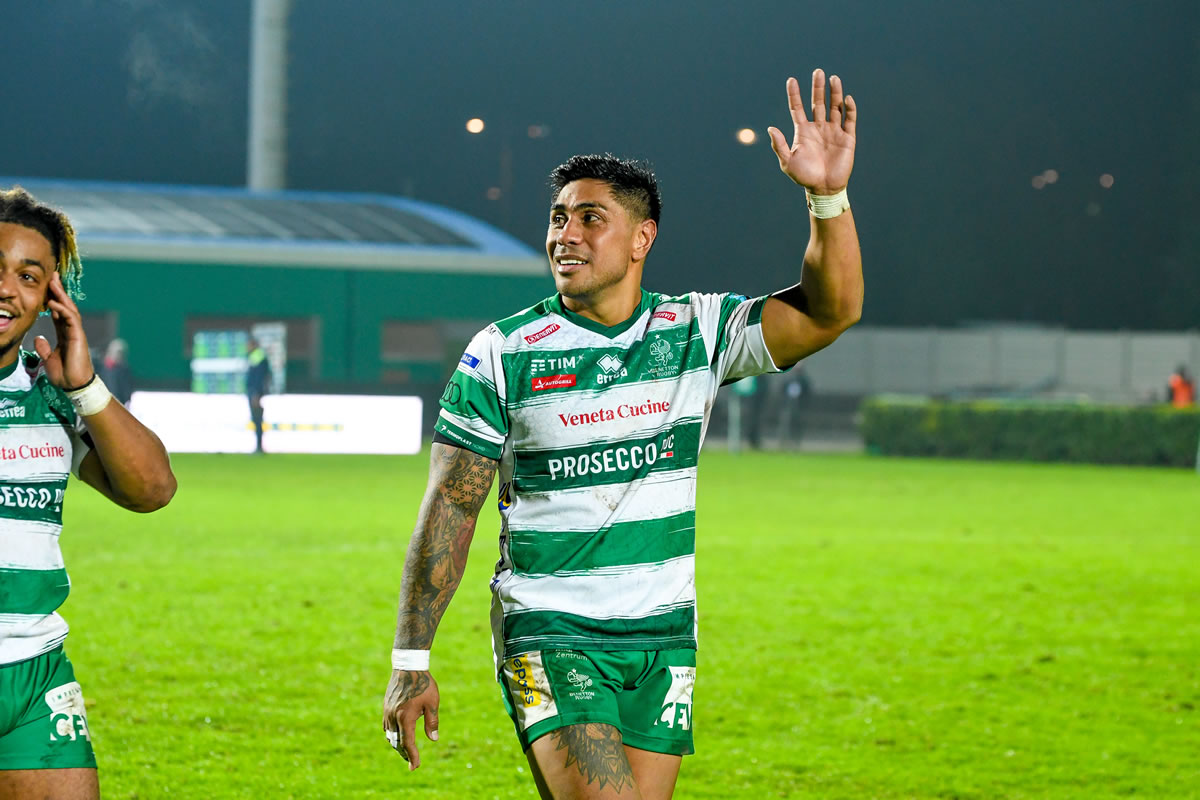
So you learn to live with your finiteness.
With your limits.
You fight them, you train them, you move them a little further.
You have to learn, over time and with the love of your dear ones, to talk to the voices you hear inside, the ones that question your path, your way.
You have to learn to be consistent, even in difficulties.
You have to understand that effort is an integral part of the process, and that when you feel lost, because you can't perform or when in the morning it's hard to find a reason to get up, that's where you have to face the man in the mirror, understand and love all his edges.
The years in Europe taught me patience.
They taught me that I'm not "bigger than the team", and that, at the same time, the team is not the most important thing ever.
Those, all the truly important things, are off the field.
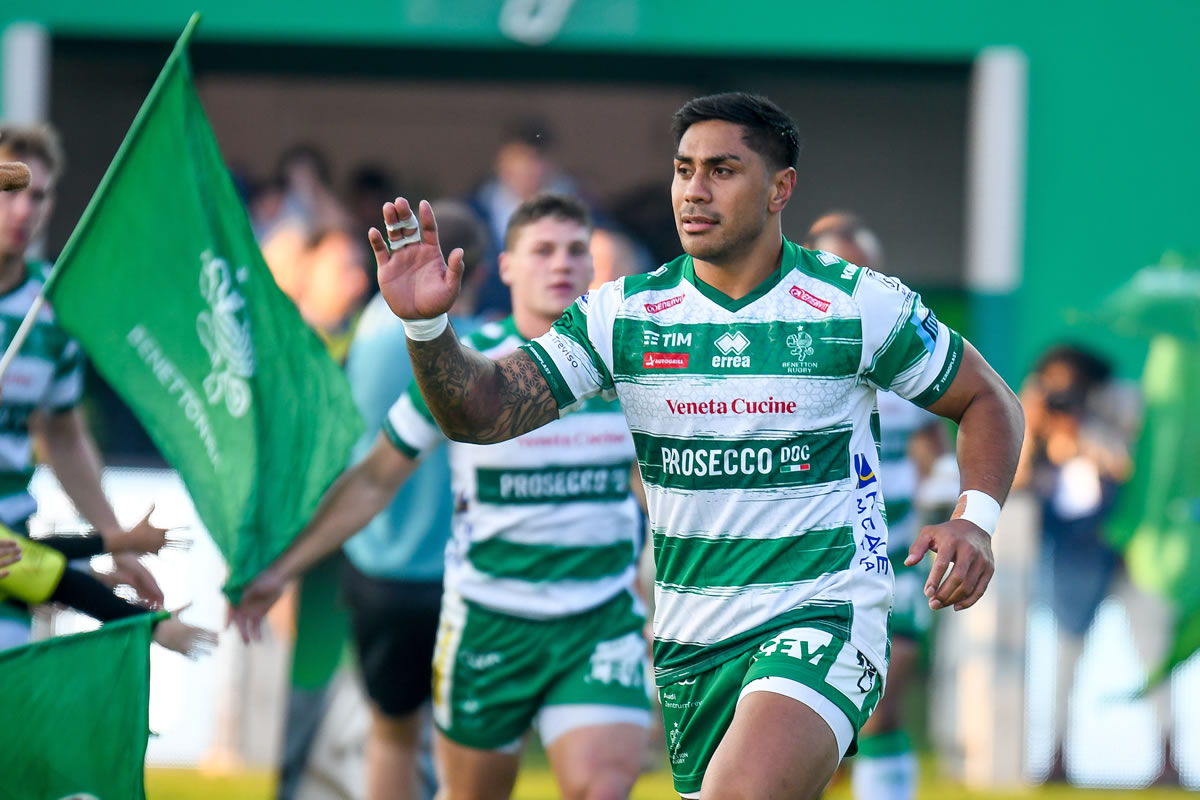
So when you finally understand that rugby isn't the most important thing in the world, or that you're not fighting against anyone in particular, when you can't express yourself on the field, or when you're not starting the game, only then do you begin to appreciate its true message.
Its true value.
Only then do you begin to see the work behind it.
A work made of men, of relationships, of dialogue.
You start to understand that everyone else's dreams and desires are just like yours.
Exactly as it happened to me as a child, with my brothers, my sisters, and my cousins, on the island.
When no one dreamed big, perhaps, not to overshadow with their will the light of others.
Because light is always one, and it belongs to everyone.
The light of the sun.
Malakai Fekitoa / Contributor


